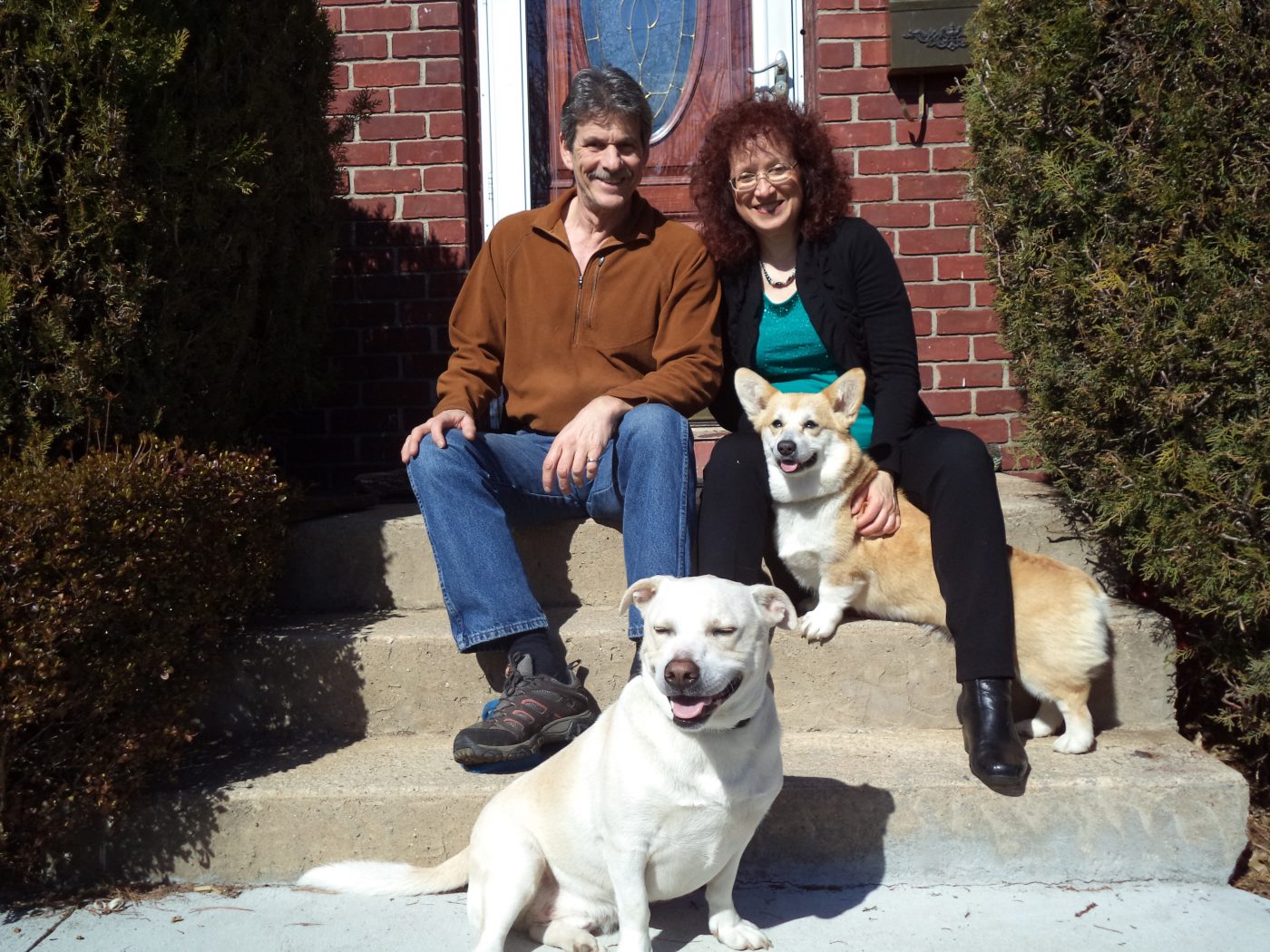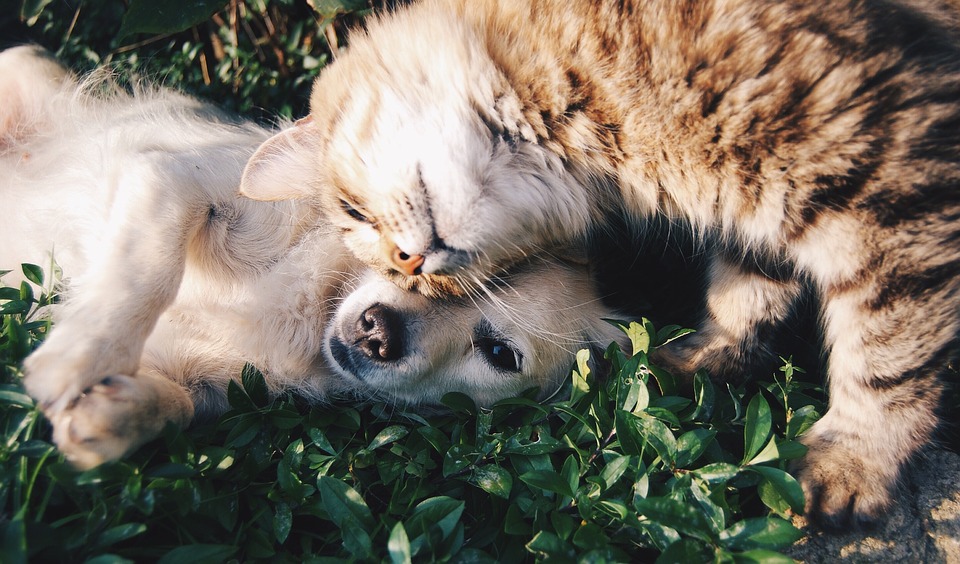When we think about voice care, we focus so much on hydration, correct tone production, breath control, and avoiding vocal abuse, that sometimes we forget about a factor that contributes to voice problems in a HUGE way: STRESS! Stress can constrict your vocal muscles, restrict your breathing, deprive you of sleep, even hunch and tighten your posture, all enemies of good voice.
Stress increases muscle tension as part of the fight-or-flight reaction. What happens when a deadline looms ever closer at work, our kids are fighting, or we get stuck in traffic on the way to an interview? We experience the fight-or-flight response. This response is controlled by the sympathetic nervous system. In fight-or-flight, our heart rate speeds up, we take short quick breaths, and blood is diverted from the gut to the muscles of the extremities, so we can fight or run away. Our muscles tighten to help us run. The pupils dilate (the better to focus on the threat). Our bronchi dilate to increase blood oxygenation. Our stress hormones including adrenaline and cortisol start pumping.
This reaction probably served ancient caveman well. After all, he probably needed to run away fast, or fight hard, when confronted with some prehistoric threat, such as a snarling saber-tooth tiger. (Did they actually snarl? Not sure. I’ll ask Mom). Once the threat was gone, our cave buddy returned to a more relaxed state, as the parasympathetic nervous system kicked in, and the stress hormone levels dropped.
However, in today’s angst-filled society, our stress response is constantly provoked by day-to-day events. This can lead to myriad health problems. Stress has been shown to contribute to cardiovascular disease, insomnia, high blood pressure, indigestion, increased infections, and autoimmune disease. In addition, it can contribute to depression, anxiety, and other mental health issues.
So, what can we do to reduce this endless fight-or-flight lifestyle? Harvard Health Publications suggests ways to invoke the “relaxation response”, a term first coined by Herbert Benson in the book, The Relaxation Response (1975). This can be done through:
- Progressive muscle relaxation
- Mindfulness meditation
- Yoga, tai chi, or Qi Gong
- Slow diaphragmatic or abdominal breathing (which will be the subject of a future blog!)
But wait! There’s another way to reduce stress, and many of us think it’s one of the best ways to accomplish this daunting task…. interacting with a pet.
Playing with or petting an animal can increase levels of the stress-reducing hormone oxytocin and decrease production of cortisol. In a meta-analysis of 69 studies published in the journal Frontiers in Psychology in 2012, numerous positive effects were found as a result of human-animal interactions. These include:
- Improvement of social attention, mood, and interpersonal interaction
- Reduction of cortisol, heart rate, and blood pressure
- Reduction of self-reported fear and anxiety
- Improvement of mental and physical health, especially cardiovascular health
There may even be somewhat limited evidence that human-animal interaction results in improved immune system functioning, improved pain management, increased trustworthiness, reduced aggression, enhanced empathy, and improved learning.
A study on the effect of pet ownership on blood pressure response to mental stress (Allen, Shykoff, and Izzo, in Hypertension, 2001) revealed that although blood pressure medication lowered only resting blood pressure, the increased social support through pet ownership lowered the blood pressure response to mental stress. The participants, all stockbrokers (talk about high stress!) agreed that “Having this pet makes me better able to see what is really important and to put things into perspective.”
A study on per ownership, social support, and one-year survival after heart attack (Friedmann and Thomas, American Journal of Cardiology, 1995), revealed that high social support and owning a pet predicted survival, independent of physiological severity. Dog owners were found to be significantly less likely to die within one year after heart attack than those who did not own dogs.

All this being said, I bravely entered the world of dog ownership in 2000, when my family gave me a beautiful yellow Lab puppy as a holiday present. From that first shocked moment of “Am I ready for this?” to the present, 3 more dogs later, I am hooked. I can’t imagine my life without dogs (usually 2 at a time). My Buddy and Zara are the loves of my life. They give unconditional love and listen to me sing, whine, and get crazy (all of which I do well) without ever complaining. Just one look at Buddy, my Lab-Bassett mix, and his tail thumps a non-stop drum solo. (My Zara would do that too, I’m sure, but she’s a Pembroke Welsh Corgi, so no tail!). They are the unofficial upstairs mascots of Professional Voice Care Center. New clients can expect to see the dogs sitting in the bow window as they walk around to the office door. (Please enjoy the photos of our dogs, below, as well as some heartwarming and funny dog videos, guaranteed to reduce your stress. Some of those singing dogs could be my future clients!). I hope your employer lets you bring your dog to work this Friday, the official Take Your Dog to Work Day.
Even after the worst day (which is of course quite rare for voice therapists), my pups are always there to make me feel calmer, happier, and more content. My husband and I hike with the dogs, take them on vacation, and take endless walks with them. More people in my town know the dogs’ names than our names. Buddy and Zara do indeed enhance our social interactions, and have helped us to befriend many other dog owners. I’m sorry that my parents, non-pet owners, didn’t let us have pets as kids. I fully intend to spend the rest of my life making up for that. :–)







